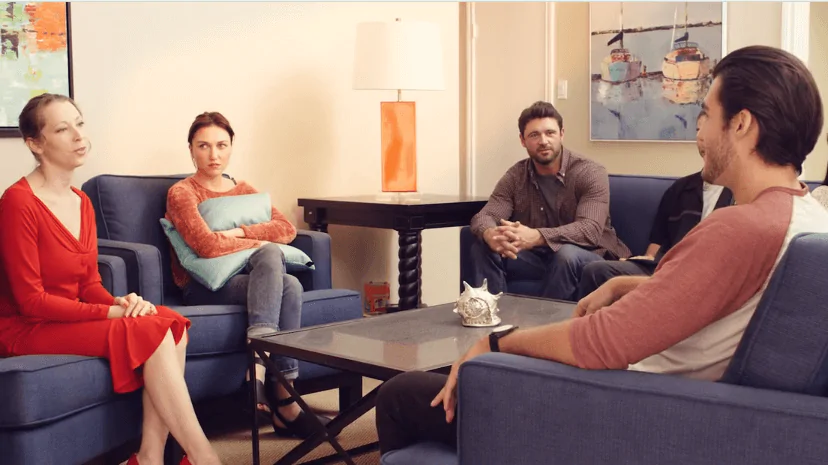24/7 Helpline:
(866) 899-221924/7 Helpline:
(866) 899-2219
Learn more about Outpatient Rehab centers in Calhoun County

Other Insurance Options

UMR

Access to Recovery (ATR) Voucher

CareFirst

Optima

Sliding scale payment assistance

Sutter

Amerigroup

GEHA

Aetna

Medical Mutual of Ohio

Magellan Health

Private insurance

PHCS Network

Molina Healthcare

Providence

American Behavioral

BlueShield

Absolute Total Care

CareSource

Multiplan

Brazos Recovery Services
Brazos Recovery Services provides a full continuum of care at their Men's Drug Rehab. Brazos Recover...
































































